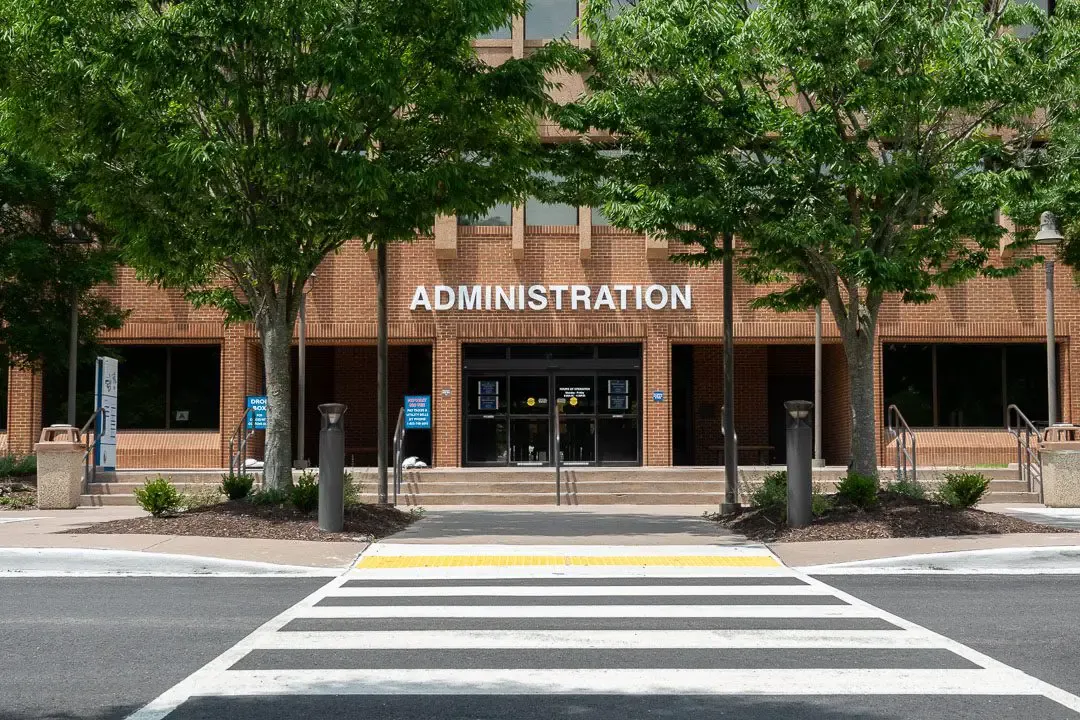Henrico Board of Supervisors — Community — Top News — Government — Amy Cashwell — Meghan Coates — ESSER — John Wack — Mike Schnurman
Henrico eyes 'transformational' moves with federal pandemic funding for education, infrastructure, other projects





